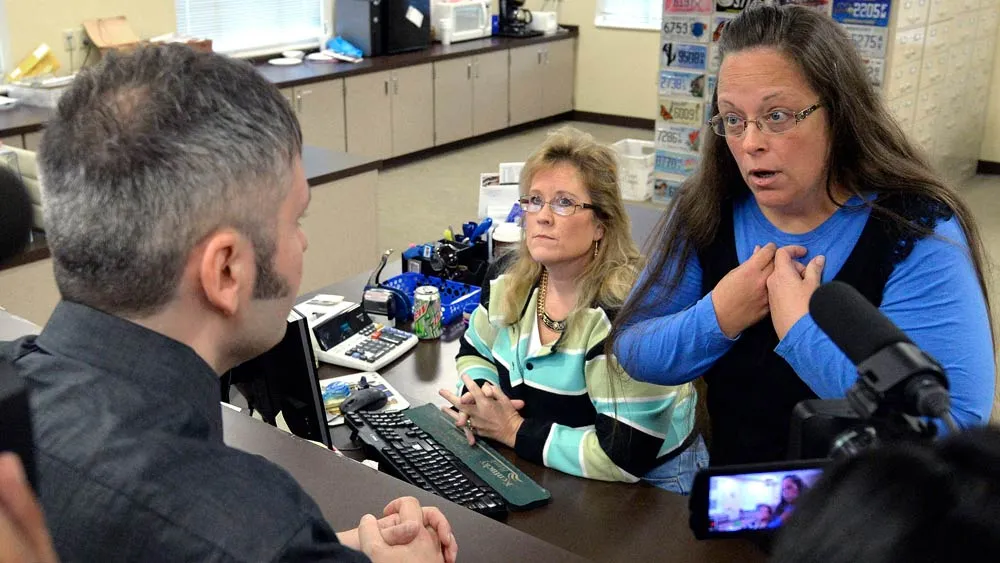February 11, 2016
Detroit Youth Passages Paper Documents Social Stigma on Vulnerable Youth
READ TIME: 2 MIN.
Detroit Youth Passages (DYP), a project dedicated to understanding how young peoples' life circumstances impact their lives and promoting positive change, has published a groundbreaking research paper in the most recent issue of The International Quarterly of Community Health Education (IQCH) entitled "Spatial Stigma and Health in Post-Industrial Detroit."
�
Louis Graham, a DYP partner and Assistant Professor at the University of Massachusetts Amherst, School of Public Health and Health Sciences, said this about the paper:
�
"Detroit Youth Passages is proud to contribute to the growing body of research suggesting that those who reside in socially and economically marginalized places may be marked by a 'stigma of place' that influences their sense of self, daily experiences, and relations with outsiders. By understanding these stigma, we can work to find solutions and ways to positively impact the lives of young people living in vulnerable and risky situations that rob them of their ability to reach their potential. As residents of a quintessentially stigmatized U.S. city, Detroit Michigan, our observations speak directly to ways that Detroit's physical and symbolic decline act as salient day-to-day realities for its young residents, with important implications for their identities and access to health promoting social support."
��
Researchers conducted 60 semi-structured interviews during summer 2011 with African American and Latina/o, structurally-disadvantaged youth of diverse gender and sexual identities who were between 18 to 26 years of age. The disadvantaged structural conditions and dilapidated built environment were common themes in participants' narratives. Beyond these descriptions, participants' framings and articulations of their experiences in and perceptions of these spaces allude to reputed qualities of their city and particular areas of their city that appear to constitute spatial stigma. Young Detroit residents articulate the ways that they experience and navigate the symbolic degradation of their city.
Detroit Youth Passages (DYP) is a collaboration between the University of Michigan, University of Massachusetts Amherst, three community-based organizations and the youth communities they serve: the Ruth Ellis Center, Alternatives for Girls, the Detroit Hispanic Development Corporation. The DYP team works across a range of settings to document young people's experiences with violence, poverty, homelessness, discrimination, and health challenges. DYP'S research has focused around three core issues: Housing, Livelihoods, and Sexual Vulnerability.
For more information, visit http://detroityouthpassages.org/


